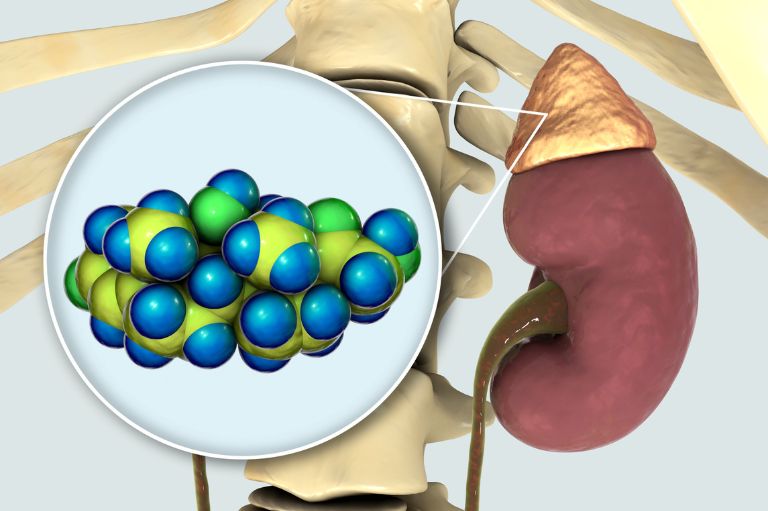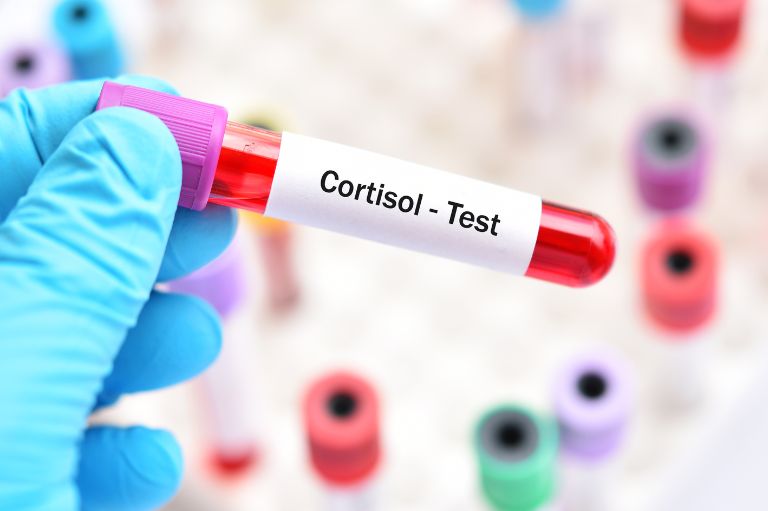Are you sure you want to leave 's MyShop site?
Are you sure you want to leave 's MyShop site?
Are you sure you want to leave 's MyShop site?
Are you sure you want to leave 's MyShop site?
Written by: 4Life Research
Publication date: August 2025
Have you ever felt exhausted even after a full night’s sleep, or reacted with more stress than usual to minor situations? The answer might lie in a key hormone: cortisol. In this article, we explain what cortisol is, what it does in your body, and the signs that could indicate a possible imbalance.

Cortisol is a hormone your body naturally produces in response to physical or emotional stress. It’s released by the adrenal glands, acting like an internal alarm system to help your body respond to challenges.
In addition to managing stress, cortisol plays an important role in:

Understanding how cortisol works can help you recognize the signals your body sends and make better decisions for your well-being.
While cortisol is essential for your health, consistently high cortisol levels over time can cause discomfort and impact your quality of life.
When your body experiences chronic stress, cortisol levels can remain elevated for too long. Research has linked high cortisol to symptoms such as:
Everyone is different, and these symptoms can have various causes. If in doubt, consult a healthcare professional.

Cortisol levels can be measured through saliva, blood, or urine tests, typically ordered by a healthcare provider. But even without specific testing, you can support your cortisol balance by adopting healthy habits, such as:

Throughout history, many cultures have used vegetal ingredients such as plants, herbs, and mushrooms during times of physical or emotional stress.
These natural ingredients are known as adaptogens due to their traditional use in helping the body adapt to stress and support overall well-being.
Although the term adaptogen is not officially recognized in scientific medicine, it is commonly used in holistic and natural wellness approaches that value traditional methods for emotional balance.
Adaptogens are part of European herbal medicine, Ayurveda, and Traditional Chinese Medicine, where they’ve been used for centuries to support body-mind balance.

Here are some well-known adaptogenic plants historically used to support the body in times of stress:
Cortisol is a key hormone for your health. It’s not inherently good or bad: it’s about balance.
If you want to improve your well-being, start simple: identify your stress triggers, improve your rest, and adopt habits that help you reconnect with yourself.
You are trying to view a MyShop page. Please log out in order to view this website.